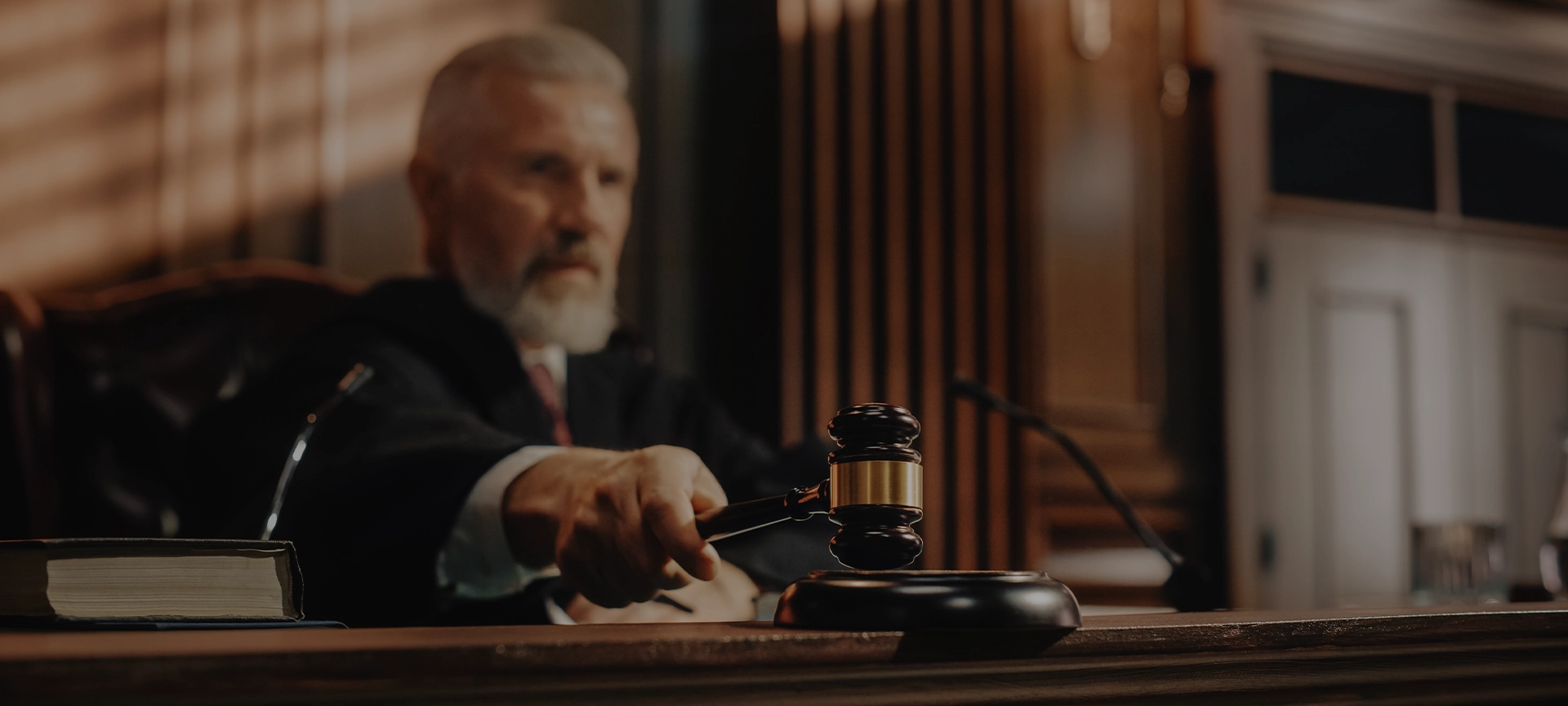In the wake of a Nova Scotia shooting rampage in which the killer posed as a Mountie, police forces in the province have been telling residents how they can be sure they’re dealing with a real officer.
But reassurances that members of the public can ask for identification don’t recognize the “power imbalance” when a member of the public is dealing with someone who appears to be a police officer, say some.
[…]
Michael Spratt, an Ottawa-based criminal lawyer and partner at Abergel Goldstein & Partners LLP, told the Star in an interview there’s always a “power imbalance” in interactions between police officers and civilians, but that there are a few options for members of the public.
When an officer pulls you over, “You have the right to a badge number; you have the right to document that interaction; and you have the right to know why the officer is detaining you, and what they want of you,” Spratt told the Star.
Some of those are charter rights, some are rights that have been defined by the courts, and some are rights that flow from “the reciprocal arrangement society has with the police, where we give them great power but we are within our rights to insist on rights and responsibility,” Spratt said.
“It’s an offence to assault a police officer while they’re executing their duty and, so, if an officer is facilitating an arrest and you are resisting, that can result in charges, as well. So, it may not be a defence to say, ‘I didn’t believe that person was a police officer, that’s why I acted the way I did, that’s why I fled.’ If you were wrong and it was a legitimate officer, you could be opening yourself up to liability to prosecution and criminal jeopardy.”
Spratt adds that most criminal lawyers will pick up calls from anyone in a “vulnerable position,” free of charge, to advise them, however briefly, on their rights. “If I receive a call like that from an individual on the side of the road, most defence lawyers and certainly I consider it an obligation to provide that information and make sure that when someone is in a vulnerable state like that, they get the information they need.”
[…]
Read Ted Fraser’s full article: Toronto Star




